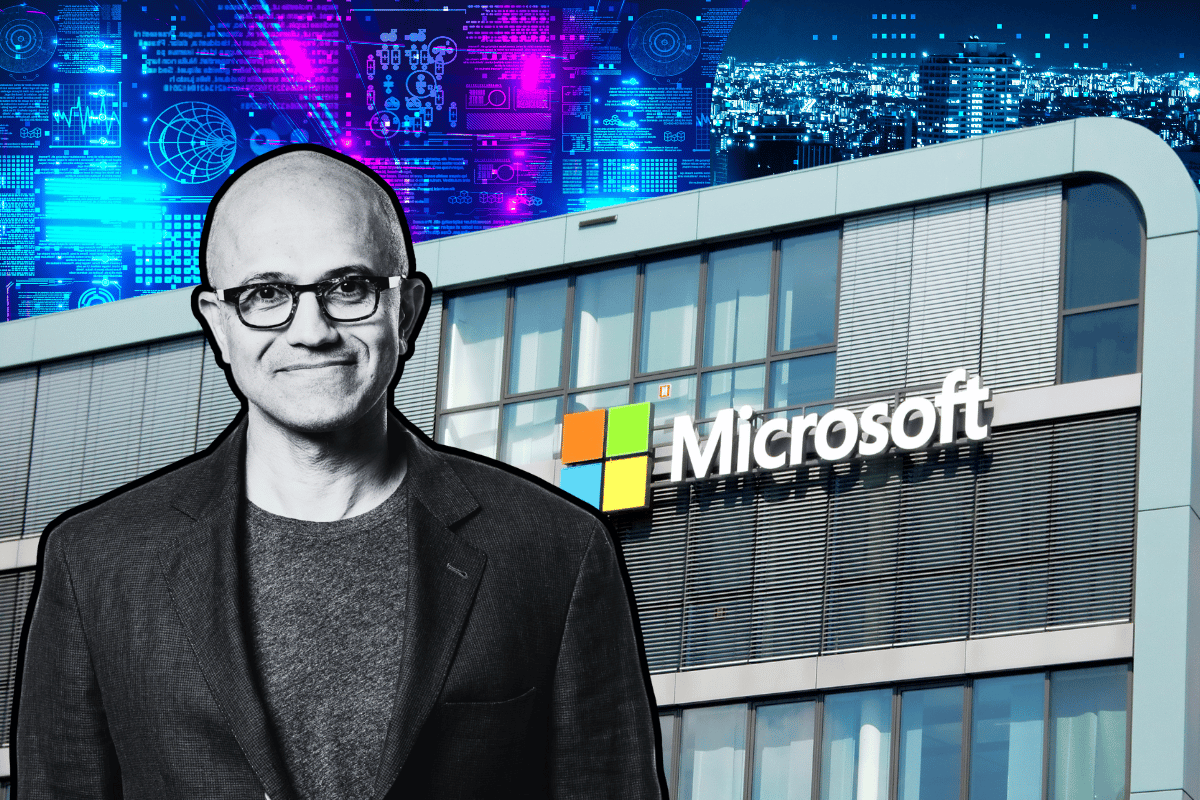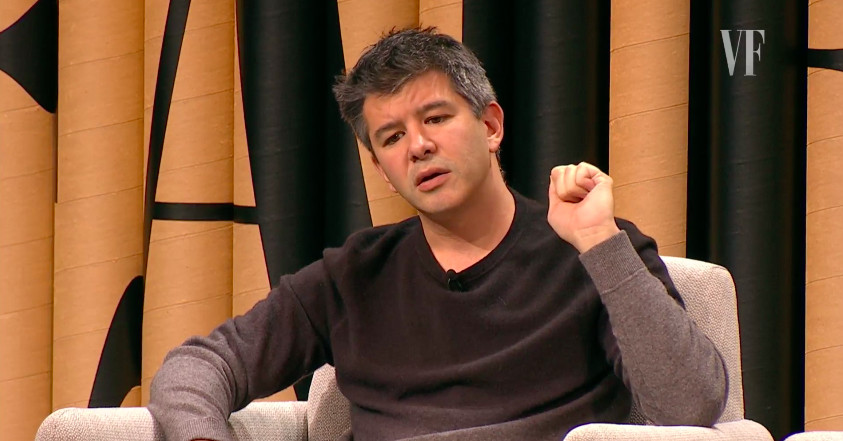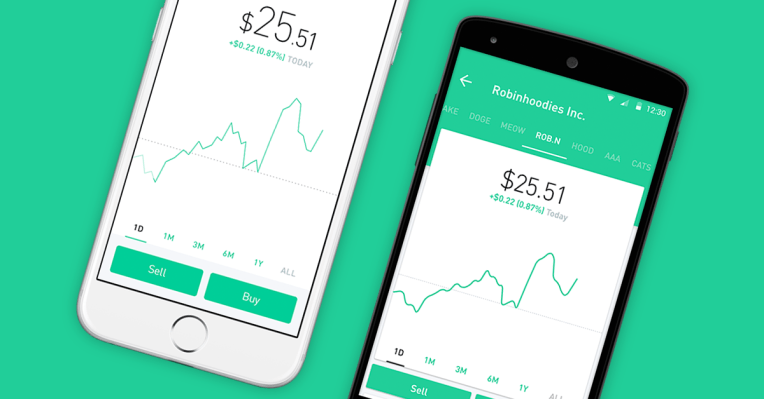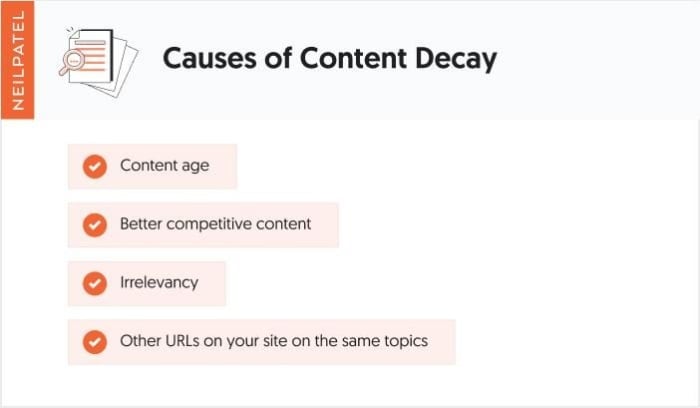Microsoft’s OpenAI investment triggered by Google progress, emails show
Microsoft’s OpenAI investment may have been prompted by concerns over Google’s artificial intelligence progress, according to a new report. The… Continue reading Microsoft’s OpenAI investment triggered by Google progress, emails show The post Microsoft’s OpenAI investment triggered by Google...

Microsoft’s OpenAI investment may have been prompted by concerns over Google’s artificial intelligence progress, according to a new report. The tech giant invested $1 billion in OpenAI in 2019 because it was reportedly “very worried” that Google was speeding ahead in the global AI race.
The emails,obtained by Business Insider, show Microsoft’s chief technology officer, Kevin Scott, allegedly telling CEO Satya Nadella and Bill Gates that Google’s AI-powered “auto-complete in Gmail” was “getting scarily good.”
He added that Microsoft was “multiple years behind the competition in terms of [machine learning] scale.”
The emails, titled “Thoughts on OpenAI,” were released to the public on Tuesday (April 30) as part of the U.S. Department of Justice’s antitrust lawsuit against Google. A significant portion of Scott’s email was censored.
What did the Microsoft emails say?
In his email dated June 12th, 2019, addressed to Nadella and Gates, Scott states, “We are multiple years behind the competition in terms of machine learning scale.” He explains that it took Microsoft engineers six months to replicate and train Google’s BERT language model, attributing the delay to inadequate infrastructure, as “our infrastructure wasn’t up to the task.”
“In the time that it took us to hack together the capability to train a 340M parameter model, they had a year to figure out how to get it into production and to move on to larger scale, more interesting models,” he stated. This head start was visibly impacting Microsoft’s competitive position. “We are already seeing the results of that work in our competitive analysis of their products,” Scott added, highlighting a significant improvement in Google’s products.
He pointed out, “One of the Q&A competitive metrics that we watch just jumped by 10 percentage points on Google Search because of BERT-like models.” Google’s enhancements also were particularly effective in practical applications, as seen with Gmail’s auto-complete feature, which he described as “scarily good,” especially on mobile devices.
Scott admits he initially underestimated the AI efforts at OpenAI and Google DeepMind, which were competing to demonstrate the “most impressive game-playing stunt”—an apparent nod to Google DeepMind’s AlphaGo Zero demonstrations. However, his attitude shifted as the focus turned to natural language processing models. “As I dug in to try to understand where all of the capability gaps were between Google and us for model training, I got very, very worried,” he wrote.
In response, Nadella highlighted the importance of the email, stating, “Why I want us to do this,” and brought Microsoft’s Chief Financial Officer, Amy Hood, into the conversation by adding her to the email chain.
ReadWrite has reached out to Microsoft for comment.
Featured image: Canva / Brian Smale and Microsoft

 Tekef
Tekef 































